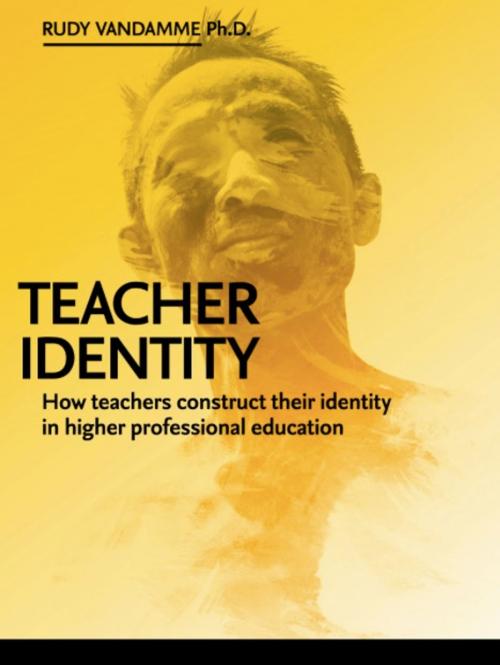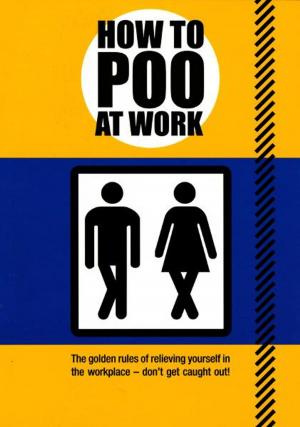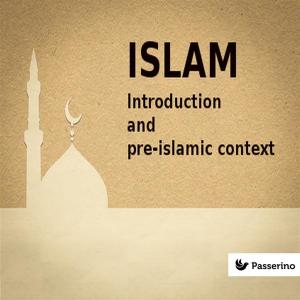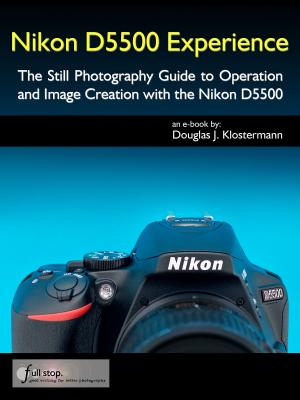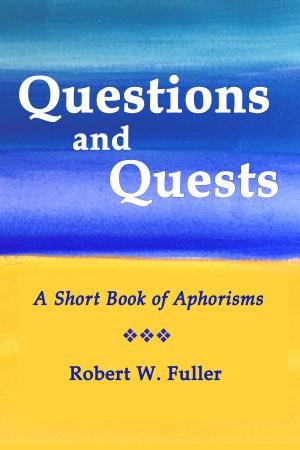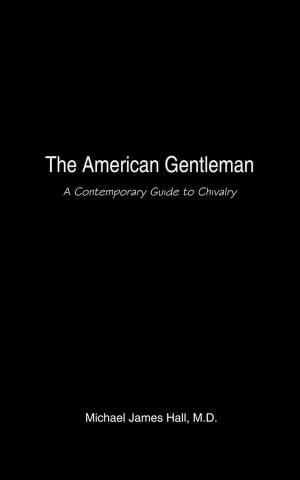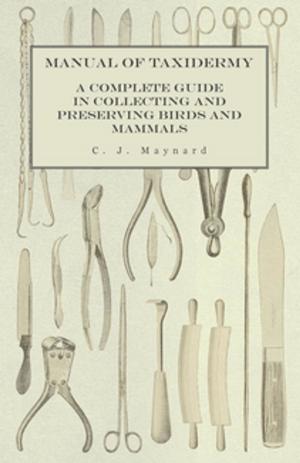Teacher Identity
How teachers construct their identity in Higher Professional Education. A grounded theory study based on dialogical self theory and pattern language.
Nonfiction, Reference & Language, Education & Teaching, Higher Education, Reference, Guides & Handbooks| Author: | Rudy Vandamme, PhD | ISBN: | 1230001364804 |
| Publisher: | Coachingbooks.net | Publication: | September 29, 2016 |
| Imprint: | Language: | English |
| Author: | Rudy Vandamme, PhD |
| ISBN: | 1230001364804 |
| Publisher: | Coachingbooks.net |
| Publication: | September 29, 2016 |
| Imprint: | |
| Language: | English |
Being a teacher is different from teaching. Being a teacher is about your identity: who are you? What is your profile as a teacher? How do you construct your teacher identity? At certain moments everything is going well, but at another moment, you struggle with constraints and influences. Is it still worthwhile to stay in this job? How can I be myself in this job?
This book is an easy to read research process of a teacher who questions his teaching job. Instead of complaining, he takes up the challenge and goes for a Ph.D. research. The question is clear: how to deal with constraints and growing demands? How to be resilience and be happy as a teacher?
Fourteen teachers were selected and subjected to an online inventory and in depth interviews. The Dialogical Self Theory of Hubert Hermans was chosen to map identity construction. A pattern language, an idea linked to Christopher Alexander, helps describe the building blocks teachers use to construct their unique profile.
Out of this sample, the primary success factor to be resilient as a teacher is to become fluent in negotiating with oneself. By doing so, the teacher creates a space of resilience. Teachers exhibit personal locus of control in different ways. In comparison with three juniors, senior teachers show a higher degree in managing coherence in their teacher identity. This book describes 12 themes and 43 patterns.
The Dialogical Self Theory is a promising way to look at identity construction and can be used as a foundation for coaching or training teachers in self-reflection. It helped the author successfully tackle his challenges in being a teacher.
This book assists you in different ways:
Reflect on how you construct your teacher identity.
Learn to translate a personal teacher challenge into a research question.
For researchers: the application of the dialogical self theory.
For coaches and trainers: a perspective and method to guide teachers.
Being a teacher is different from teaching. Being a teacher is about your identity: who are you? What is your profile as a teacher? How do you construct your teacher identity? At certain moments everything is going well, but at another moment, you struggle with constraints and influences. Is it still worthwhile to stay in this job? How can I be myself in this job?
This book is an easy to read research process of a teacher who questions his teaching job. Instead of complaining, he takes up the challenge and goes for a Ph.D. research. The question is clear: how to deal with constraints and growing demands? How to be resilience and be happy as a teacher?
Fourteen teachers were selected and subjected to an online inventory and in depth interviews. The Dialogical Self Theory of Hubert Hermans was chosen to map identity construction. A pattern language, an idea linked to Christopher Alexander, helps describe the building blocks teachers use to construct their unique profile.
Out of this sample, the primary success factor to be resilient as a teacher is to become fluent in negotiating with oneself. By doing so, the teacher creates a space of resilience. Teachers exhibit personal locus of control in different ways. In comparison with three juniors, senior teachers show a higher degree in managing coherence in their teacher identity. This book describes 12 themes and 43 patterns.
The Dialogical Self Theory is a promising way to look at identity construction and can be used as a foundation for coaching or training teachers in self-reflection. It helped the author successfully tackle his challenges in being a teacher.
This book assists you in different ways:
Reflect on how you construct your teacher identity.
Learn to translate a personal teacher challenge into a research question.
For researchers: the application of the dialogical self theory.
For coaches and trainers: a perspective and method to guide teachers.
